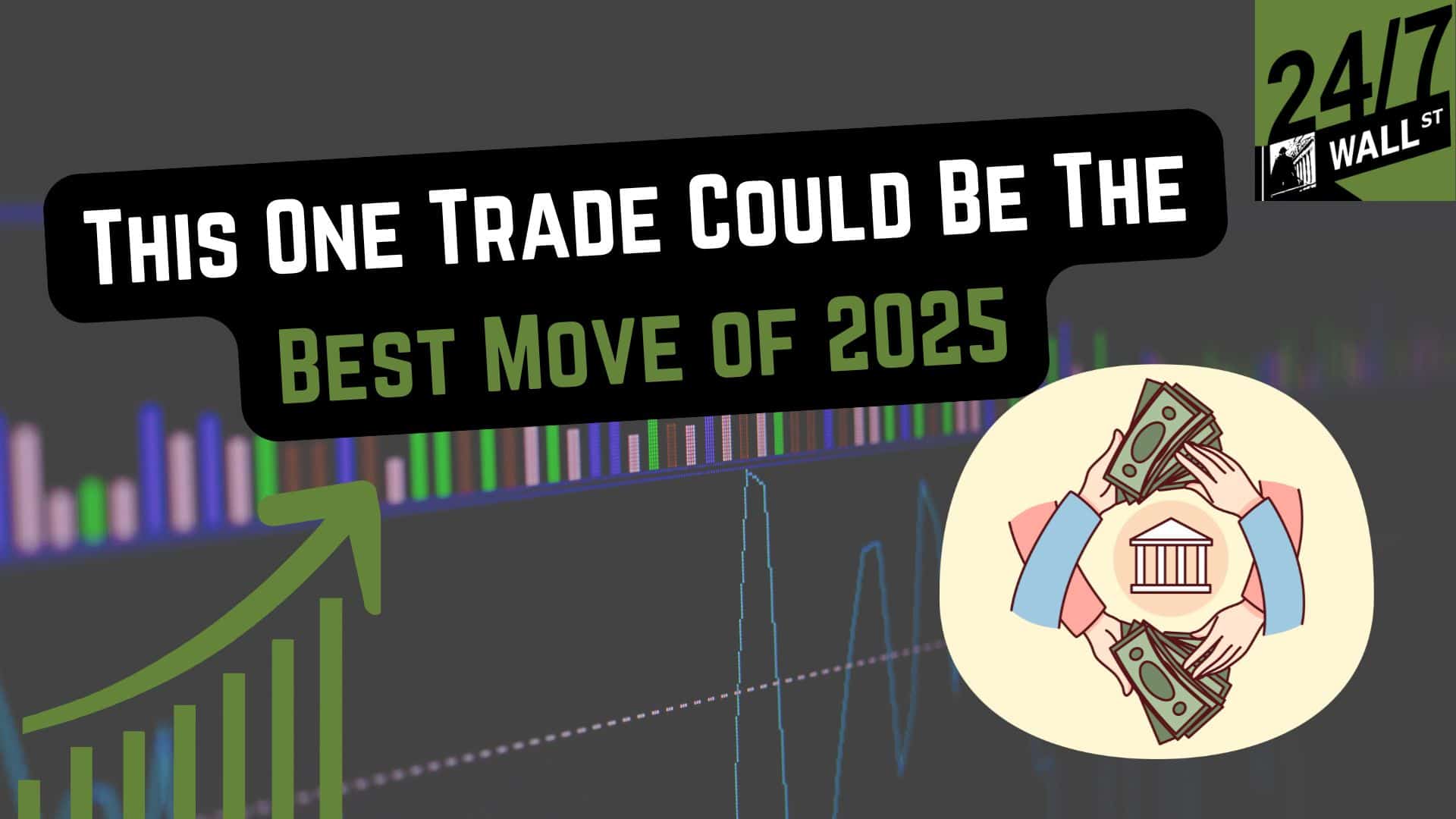
Key Points:
- Consider a pairs trade: long Microsoft, short Alphabet, due to Google’s antitrust issues.
- The Justice Department’s ruling could weaken Google, making this strategy potentially profitable.
- We’ll revisit after the case reaches the appeals court.
- As good as this investment could be, The Next Nvidia could do even better. Access the investments for free by clicking here now.
Lee and Doug continue their discussion on the potential implications of the recent antitrust ruling against Google (NASDAQ: GOOG), now Alphabet (GOOG, GOOGL) (NASDAQ: GOOGL), and how it could impact Microsoft’s (MSFT) (NASDAQ: MSFT) search engine, Bing. They explain the concept of a “pairs trade,” where an investor goes long on one stock (Microsoft) and short on another (Alphabet) to potentially benefit from changes in the market. They speculate on whether Alphabet will fight the ruling all the way through the courts or choose to settle to avoid a larger potential loss. The conversation highlights the risk and reward of this investment strategy, noting that the outcome is uncertain, but the legal battle could significantly affect both companies. They plan to revisit the situation once the case moves to the appellate court and more information is available on Alphabet’s strategy.
Transcript:
Arbitraging Microsoft and Alphabet.
I’m sorry, I shouldn’t call it Google anymore.
You should go look at Alphabet ticker, G-O-O-G or G-O-O-G-L.
Right.
And decide whether you want to trade against Mr. Softee.
Now, people don’t know Mr. Softee if you’re not old.
Mr. Softee is what we used to call Microsoft because its ticker was M-S-F-T.
Yeah.
So back in the day…
No one says this anymore.
Microsoft was known as Mr. Soft.
It was.
Well, and the interesting thing here is, and what you’re talking about is extremely impressive, but it is literally a pairs trade.
And a pairs trade, for our folks that are watching, is where you buy one stock for the long position and you short one against that where it can work against it.
You have one of each.
So, I mean, in theory, you could lose both ways or you could win both ways.
But the likely term is that that could very well happen.
And if you were short Google and long Microsoft and that did happen, you’d be a big winner.
You’d be a big winner.
I think Justice Department, I mean, we sort of have the ruling now.
You could read it.
I think it’s 223 pages.
So who’s going to want to do that?
I think let’s come back to this once it gets into the appellate court, which I’m sure it will, and see if in terms of the sort of early arguments, most sides make whether Google is preparing to compromise.
Because that’s another way to look at this trade is, is Google going to fight this all the way out?
Or are they going to say, you know, I’d rather settle something here.
So I don’t have to take the risk of getting slaughtered in a couple of years.
Well, I’ll guarantee you, I know who there’s going to be one winner, and that will be the same winner that always wins—the lawyers.
But yeah, this could be in court forever, you know, and they’re always basically, you know, they’re getting hammered over in Europe over similar, you know, tech issues.
And yeah, it’s going to be very interesting because this is an aggressive ruling and they’re going right at the heart of Google because, you know, as we’ve discussed, you know, in other times that Google doesn’t have…
I mean, search is their game.
They don’t have anything else.
They don’t really have it.
I mean, obviously, the advertising sales that go with it is big, but they don’t have the kind of deep bench that Microsoft has or some of the other tech companies that have other abilities to generate income.
And if they get hit hard on this, it’s a lot of…
It would be like, you know, the government making Amazon take apart AWS because it’s so much of their business.
Yeah.
Well, we’ll wait till this gets into the appeals court.
We’ll see the early arguments, what the opinions are, whether Google alphabet says that they may start to settle in some way.
So we’ll be back to everybody then.
Yeah, let’s do it.
It’s Your Money, Your Future—Own It (sponsor)
Are you ahead, or behind on retirement? For families with more than $500,000 saved for retirement, finding a financial advisor who puts your interest first can be the difference, and today it’s easier than ever. SmartAsset’s free tool matches you with up to three fiduciary financial advisors who serve your area in minutes. Each advisor has been carefully vetted and must act in your best interests. Start your search now.
If you’ve saved and built a substantial nest egg for you and your family, don’t delay; get started right here and help your retirement dreams become a retirement reality.
Thank you for reading! Have some feedback for us?
Contact the 24/7 Wall St. editorial team.





